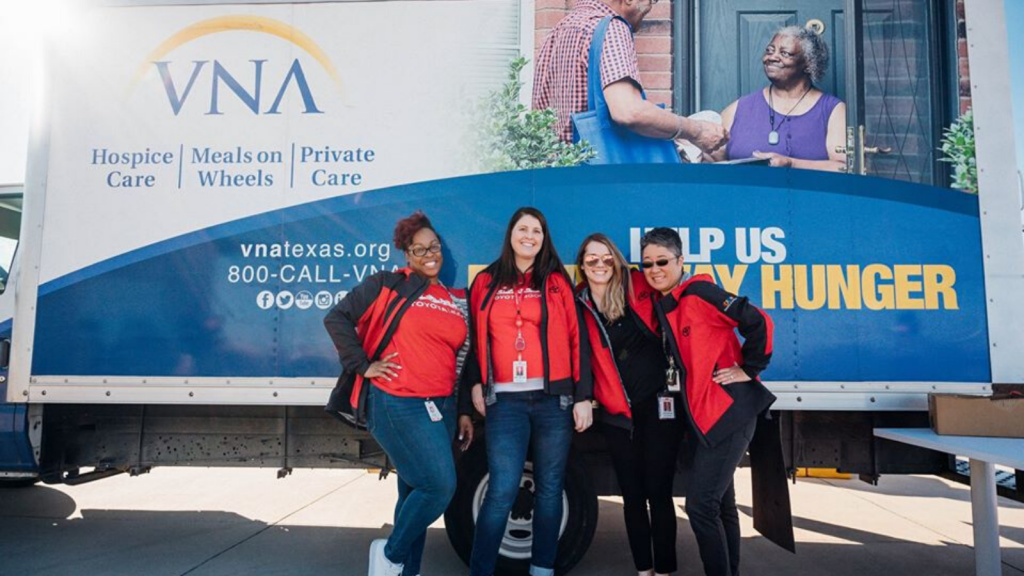Read Opinions 4 Good article here
Alyssa Picard on Apr 6, 2020 9:41:00 AM
As many have come to realize, we are facing a truly unprecedented time. The COVID-19 Pandemic has spread quickly throughout the US, and with it has come tremendous challenges for individuals, businesses, and nonprofit organizations alike. Nonprofits have been hit particularly hard during this time, having to cancel fundraisers, reduce staff and volunteer time, close operations, adapt to increased needs, and more.
Supporting charitable causes has always been at the core of our mission, so we felt we needed to do something to help. As a response to the current pandemic, we donated a total of $600 to nonprofit partners in our local communities (near our Texas, New Hampshire, Florida, and Chicago offices). The organizations we chose were greatly impacted by the outbreak, as they offer human services such as housing, food, and care for those in their communities.
After speaking with our partners, we wanted to share what they are currently doing to adapt to this challenging time, how others can support, and any helpful advice or resources they have for fellow organizations.
The Visiting Nurse Association of Texas
The Visiting Nurse Association of Texas works to assist the elderly in maintaining their independence by providing services that allow them to age comfortably in their own homes. These services include hospice care, a meals on wheels program, and palliative care.
Since they serve more than 4,000 homebound senior citizens in Dallas County, ensuring that seniors continue to receive meals and care has been their top priority throughout the COVID-19 Pandemic. Due to the current situation, they have been faced with shortages of personal protective equipment (PPE) used in hospice care, and have had to drastically reduce the number of staff and volunteers in order to lessen exposure of the virus as much as possible.
In order to adapt and respond to the current situation, they have had to implement various new measures. These include thorough employee screening for those who are ill or potentially exposed, distributing shelf-stable meals to seniors along with regular food deliveries in case delivery has to shut down, and introducing a virtual delivery method that allows volunteers to call seniors and note any feedback they have. Volunteers will be able to use the VNA app to call and remind seniors to eat their meal, check in on their well-being, and follow up on needs in a timely manner.
In addition to these measures, Jennifer Atwood Austin, Director of Development & Communications at the VNA, had some advice for other organizations. She recommended that “each nonprofit should look to any regulatory groups they must comply with and any other industry-specific resource to guide their own response.” She added that the Visiting Nurse Association is following guidelines from CMS, HHS, and the National Hospice and Palliative Care Organizations to guide their clinical decisions. In regards to their meal service programs, she said they are working closely with Dallas County and Meals on Wheels America to determine the proper steps to take.
The VNA stressed in their COVID-19 Response that making a donation is the best and safest way to support the Visiting Nurse Association of Texas during this time. It costs about $6.50 per day to feed a senior, so any amount helps. They are also in need of volunteers to help with their newly introduced virtual meal deliveries.
To make a donation, you can visit their page here.

